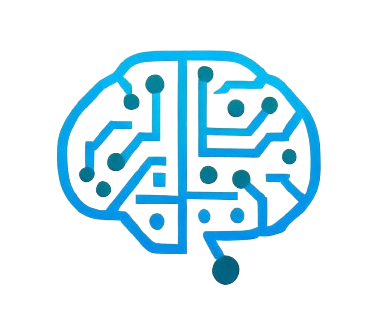Researchers at Duke University have introduced an innovative AI platform that autonomously compares molecules and learns from their variations to predict crucial property differences essential for discovering novel pharmaceuticals. This platform offers scientists a more precise and efficient tool for designing therapeutics and other chemicals with beneficial properties.
 The findings were published on October 27 in the Journal of Cheminformatics. Increasingly, machine learning algorithms are employed to analyze and forecast the biological, chemical, and physical attributes of small molecules utilized in drug development and other material design endeavors. These tools aid researchers in comprehending the vital “ADMET” properties of a molecule – how it is absorbed, distributed, metabolized, excreted, and its toxicity within the body. This understanding allows researchers to pinpoint molecules for developing safer and more effective therapeutics.
The findings were published on October 27 in the Journal of Cheminformatics. Increasingly, machine learning algorithms are employed to analyze and forecast the biological, chemical, and physical attributes of small molecules utilized in drug development and other material design endeavors. These tools aid researchers in comprehending the vital “ADMET” properties of a molecule – how it is absorbed, distributed, metabolized, excreted, and its toxicity within the body. This understanding allows researchers to pinpoint molecules for developing safer and more effective therapeutics.
While current machine learning platforms permit the screening of a larger number of molecules than can be physically produced in a lab, they can only predict the properties of one molecule at a time, restricting overall efficiency in identifying the most optimal compound.
There are computational approaches to bypass this limitation and directly compare molecules, they have constraints. For instance, methods like free energy perturbation are highly accurate but computationally complex, evaluating only a few molecules at a time. On the other hand, approaches like matched molecular pairs are faster but can only compare very similar molecules, limiting their broader applicability.
To tackle this challenge, Reker and Zachary Fralish, a Ph.D. student in the Reker lab, devised DeepDelta, a deep learning approach capable of efficiently comparing two molecules simultaneously and predicting property differences, even for highly distinct molecules.
“By having the network learn from a one-to-one comparison, you’re giving it more data points than if it was learning from one molecule at a time,” explained Reker. “The system acquires knowledge about the individual structure and properties of each molecule while simultaneously grasping the distinctions between them, utilizing these distinctions to enhance its understanding of the molecule’s properties.”
The DeepDelta platform outperformed two leading models in the field, Random Forest and ChemProp, exhibiting greater effectiveness in predicting and quantifying molecular property differences.
Fralish stated, “Training on molecular differences allows this method to be more accurate when deciding if a new chemical is better or worse than a current one. We significantly increased the volume of our datasets through pairing, essentially providing our models with more tasks, a strategy that substantially aids data-hungry neural networks in acquiring additional knowledge.”
The team aims to integrate DeepDelta into their ongoing work to design potential new therapies and enhance existing drug candidates. Fralish expressed the potential of DeepDelta in identifying molecules with favorable properties and no liver toxicity, saving time and money in drug development.
